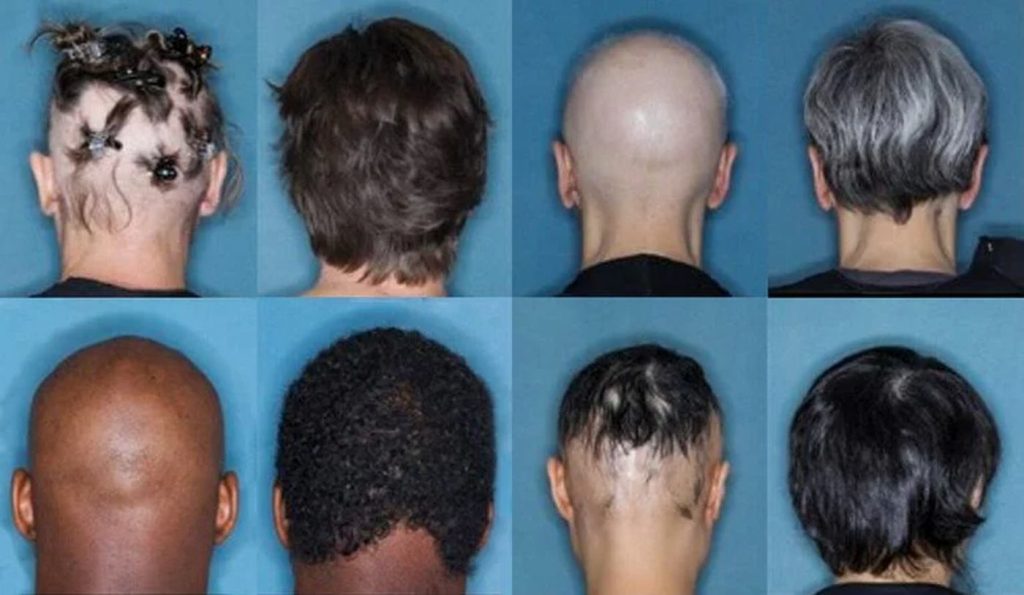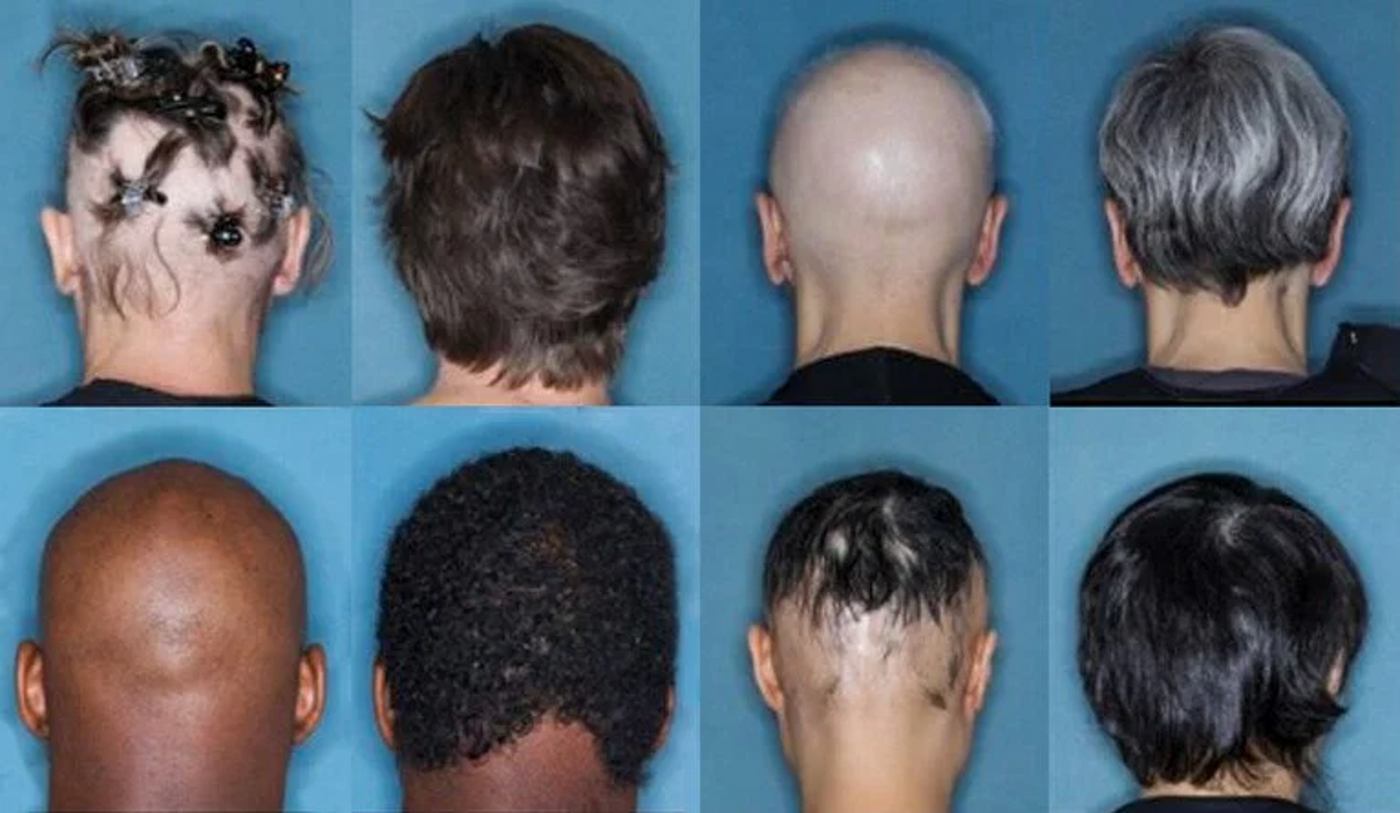
The U.S. Food and Drug Administration approved the use of the Janus kinase (JAK) inhibitor baricitinib as a treatment for severe alopecia areata, a disfiguring skin disease.
It is the first approved treatment for alopecia areata, an autoimmune disorder that affects about 7 million people in the United States. The often-disfiguring disease, in which the body’s immune system attacks hair follicles, is marked by patchy or complete loss of scalp hair and sometimes eyebrows, eyelashes, facial hair, and body hair.
Dr. Brett King, an associate professor of dermatology at Yale Medical School, worked with the pharmaceutical company Eli Lilly and Company to conduct a series of clinical trials with the new medicine, a once-daily pill which goes by the product name Olumiant.
In the trials, Olumiant helped one in three patients with severe alopecia areata regrow their hair—almost half of the patients had no scalp hair at the start of the trials—resulting in 80% or more scalp coverage. Improvements were also achieved for patients with significant eyebrow or eyelash hair loss.
Over the past decade, King has conducted innovative research using JAK inhibitors—which were originally designed to treat rheumatoid arthritis and certain blood disorders—to treat a range of intractable skin diseases, including eczema, vitiligo, granuloma annulare, sarcoidosis, and erosive lichen planus.
MORE: New Treatment Helps Alopecia Patients Regrow Their Hair
“Until now, there have been no FDA-approved treatments for alopecia areata,” King explained, “and the medicines that have been used in the past to treat severe cases of alopecia areata are largely ineffective. There is, however, lots of data to show that a relatively new class of medicines called JAK inhibitors work for the treatment of severe alopecia areata. Patient access to these medicines is extremely limited, though, because JAK inhibitors were not FDA-approved for this purpose. FDA approval will bring greater access, via insurance coverage, to patients.”
He said that FDA approval has an additional benefit, as well. “When a medicine is approved for treatment of a disease, doctors feel more comfortable prescribing the medicine for that purpose. Therefore, FDA approval will empower and enable health care providers to treat patients with severe alopecia areata.”
He remembers the first patient he treated. “He had almost no scalp hair, his eyebrows and eyelashes and facial hair were missing, and, in addition, he had red, scaly psoriasis plaques all over his body. It was in 2013… I explained to the patient that use of tofacitinib in him would be exploratory, and he agreed to try it…. Not long after he started taking tofacitinib, his hair started to grow. I published the results of his treatment not long after that and history was made, forever changing this disease.”
That’s revolutionary indeed.
The results of the recent trials were published in New England Journal of Medicine.
Source: YaleNews
SHARE This Hopeful News With Others Who’d Love to Know It…




















